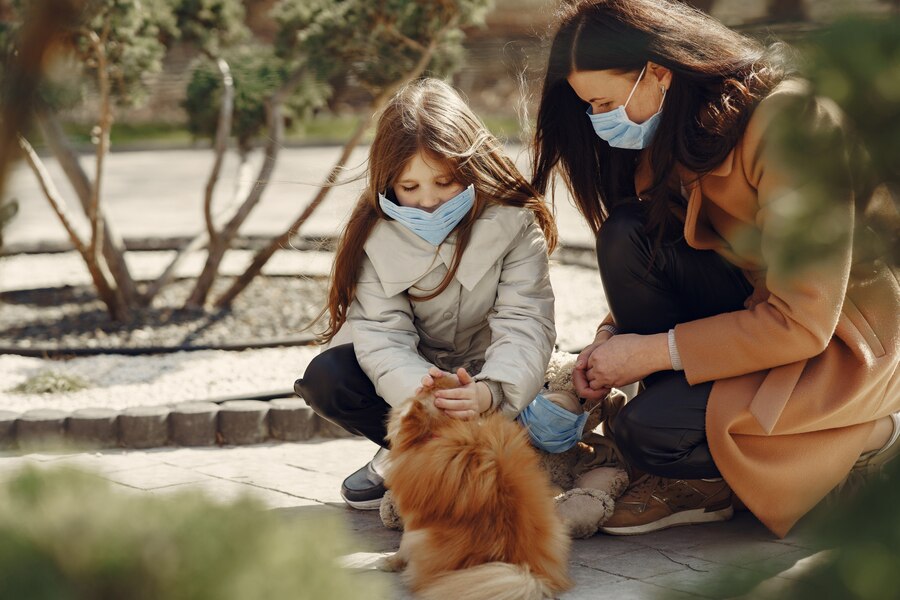Pet care is essential for the well-being and happiness of your furry companions. Whether you have a dog, cat, bird, or any other pet, providing proper care involves various aspects ranging from nutrition to grooming and training. Here are some valuable tips to ensure your pets stay healthy and thrive:
Introduction
Taking care of pets goes beyond providing food and shelter. It involves understanding their needs and ensuring they receive proper care to lead fulfilling lives.
Nutrition: Balanced Diet for Pets
A balanced diet is crucial for your pet’s health and vitality. Consult your vet to determine the right type and amount of food based on your pet’s age, breed, and activity level. Avoid feeding your pets human food, especially those toxic to animals, like chocolate, onions, and grapes.
Exercise: Daily Physical Activity
Regular exercise is vital for keeping pets mentally and physically stimulated. Dogs benefit from daily walks and playtime, while cats enjoy interactive toys and climbing structures. Ensure your pets get enough exercise to prevent obesity and promote overall well-being.
Grooming: Maintaining Pet Hygiene
Regular grooming keeps pets clean and reduces the risk of skin infections and matting. Brush your pet’s coat regularly, trim their nails, and clean their ears and teeth. Bathing frequency depends on the type of pet and their coat type.
Training: Positive Reinforcement Techniques
Training your pet using positive reinforcement helps establish good behaviour and strengthens the bond between you and your pet. Reward desired behaviours with treats and praise, and be patient during training.
Health Care: Regular Vet Visits and Vaccinations
Schedule regular vet check-ups to monitor your pet’s health and address any concerns early. Vaccinate your pet according to the vet’s recommendations to protect it from common diseases.
Safety Measures: Ensuring a Safe Environment for Pets
Create a safe environment by pet-proofing your home. Keep hazardous items out of reach, secure electrical cords, and use pet-friendly cleaning products. Provide a designated space for your pet to retreat when they need quiet time.

Conclusion
Following these tips will help you provide the best care for your furry friends, ensuring their happiness and longevity.
FAQs (Frequently Asked Questions about Pet Care)
How often should I groom my pet?
Regular grooming depends on the type of pet and their coat length. Long-haired pets may require grooming every few days, while short-haired pets can be groomed weekly.
What should I do if my pet refuses to eat?
If your pet’s appetite changes or refuses to eat, consult your vet to rule out any health issues. Changes in appetite can indicate underlying health problems.
How much exercise does my pet need?
The amount of exercise varies by species and breed. Dogs generally require daily walks and playtime, while cats benefit from interactive toys and climbing structures.
How can I train my pet to stop unwanted behaviours?
Use positive reinforcement techniques to redirect your pet’s behaviour. Reward desirable behaviours with treats and ignore or redirect unwanted behaviours.
Why is regular vet care important for pets?
Regular vet check-ups help monitor your pet’s health and detect early signs of illness. Vaccinations protect pets from preventable diseases and contribute to their overall well-being.




